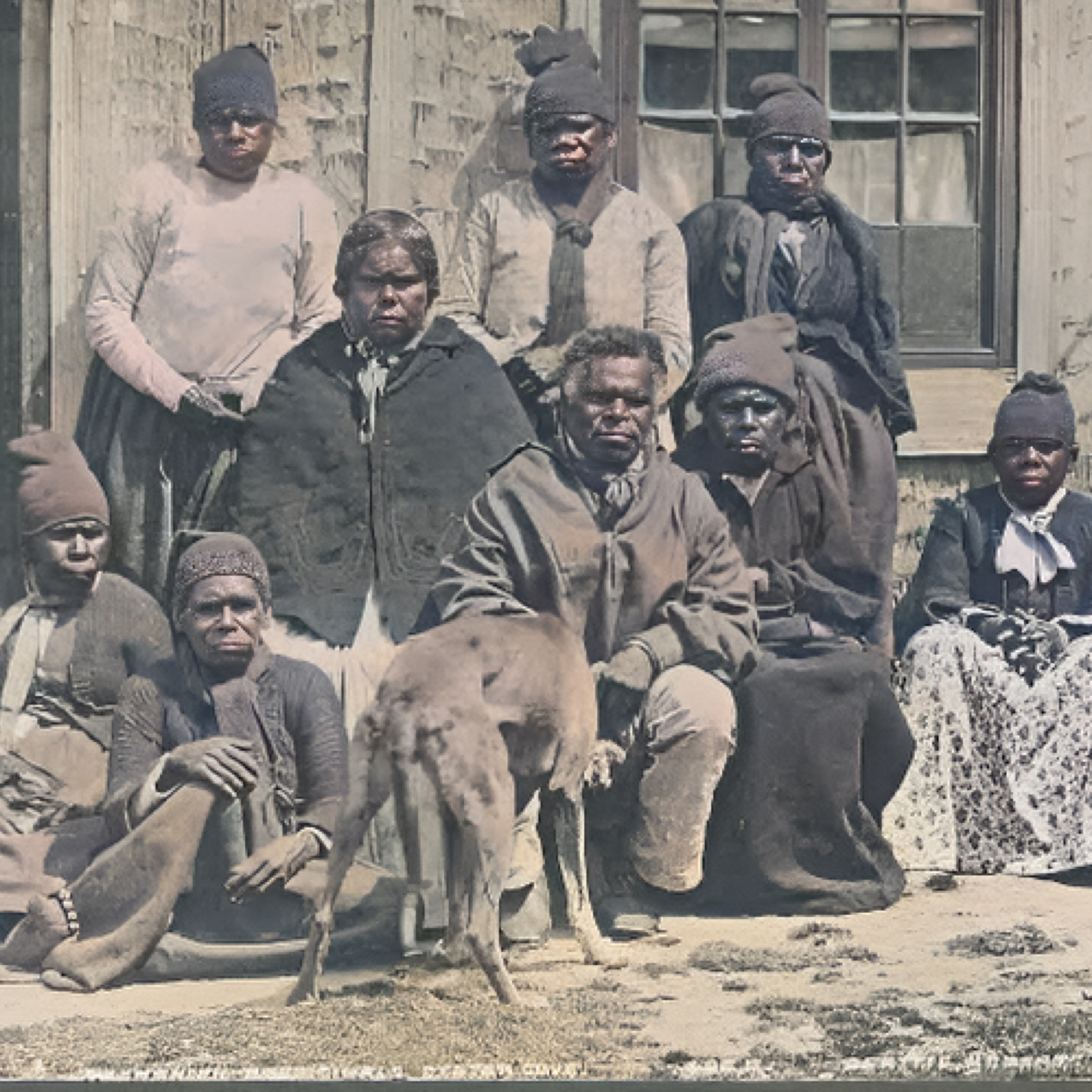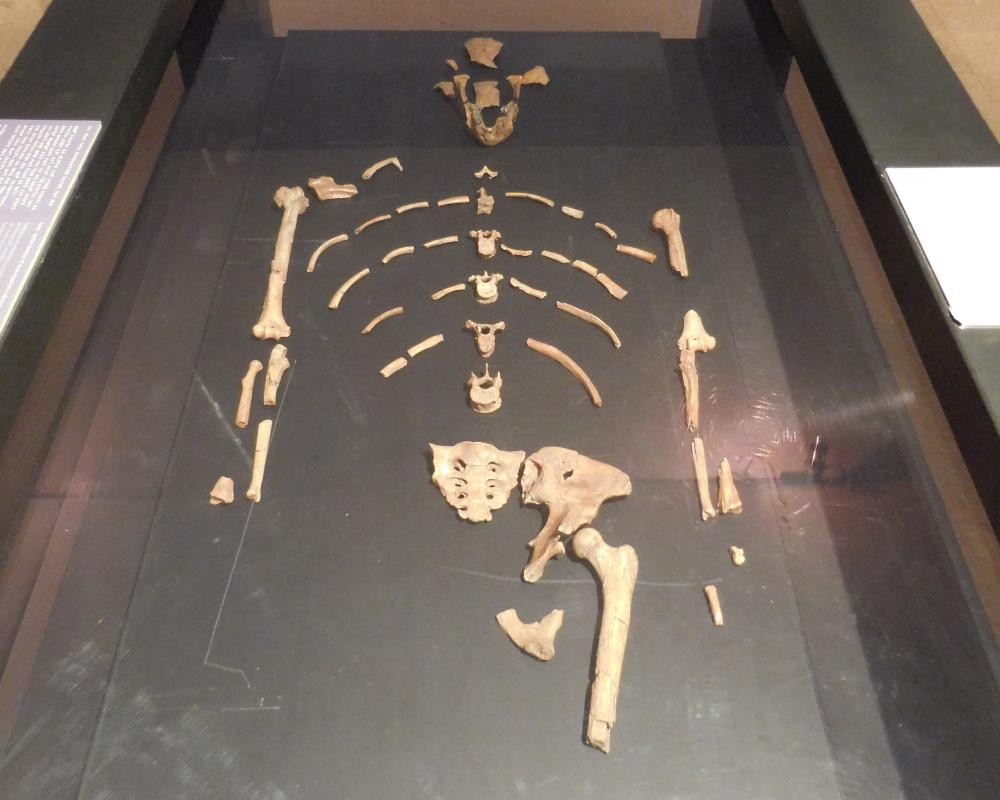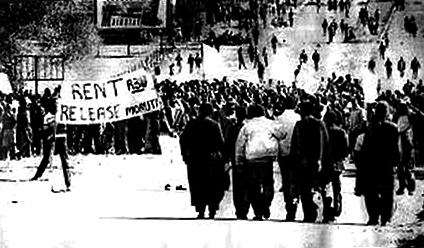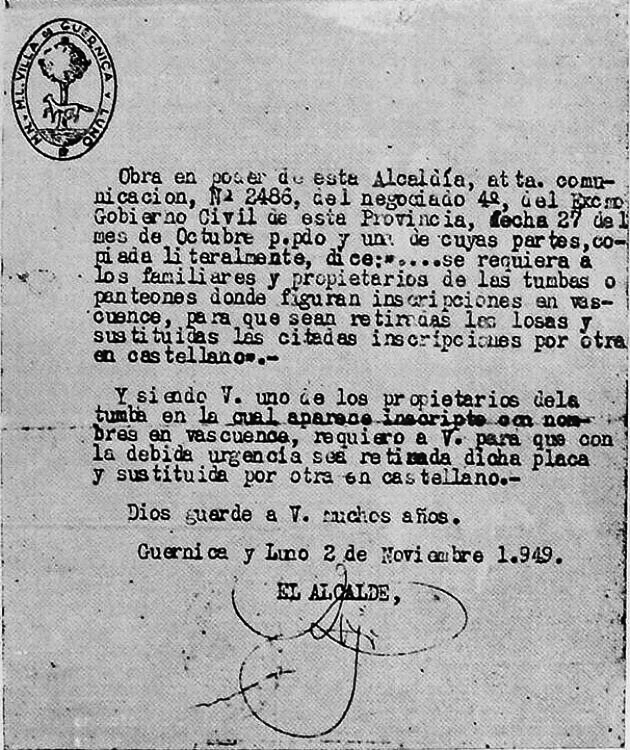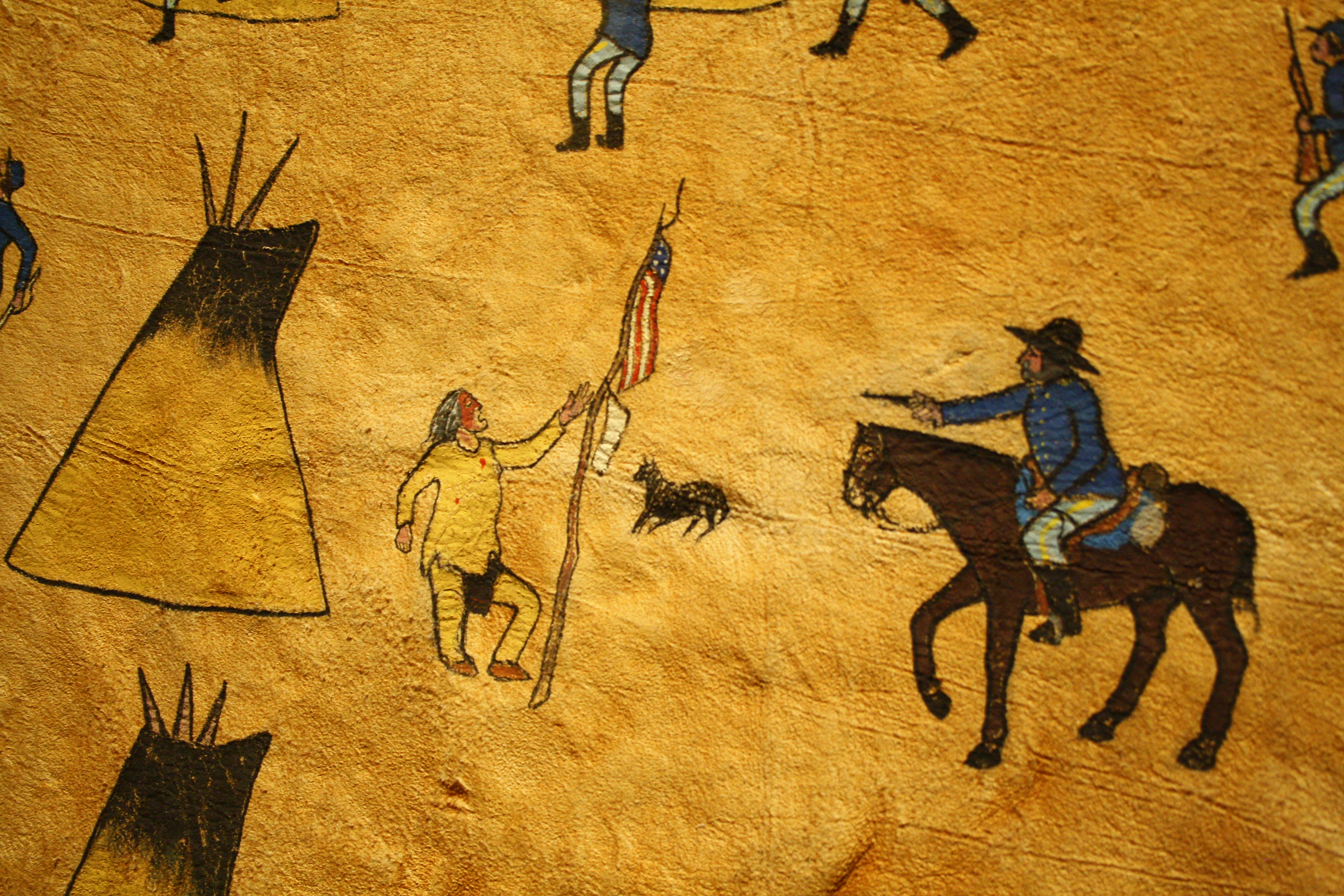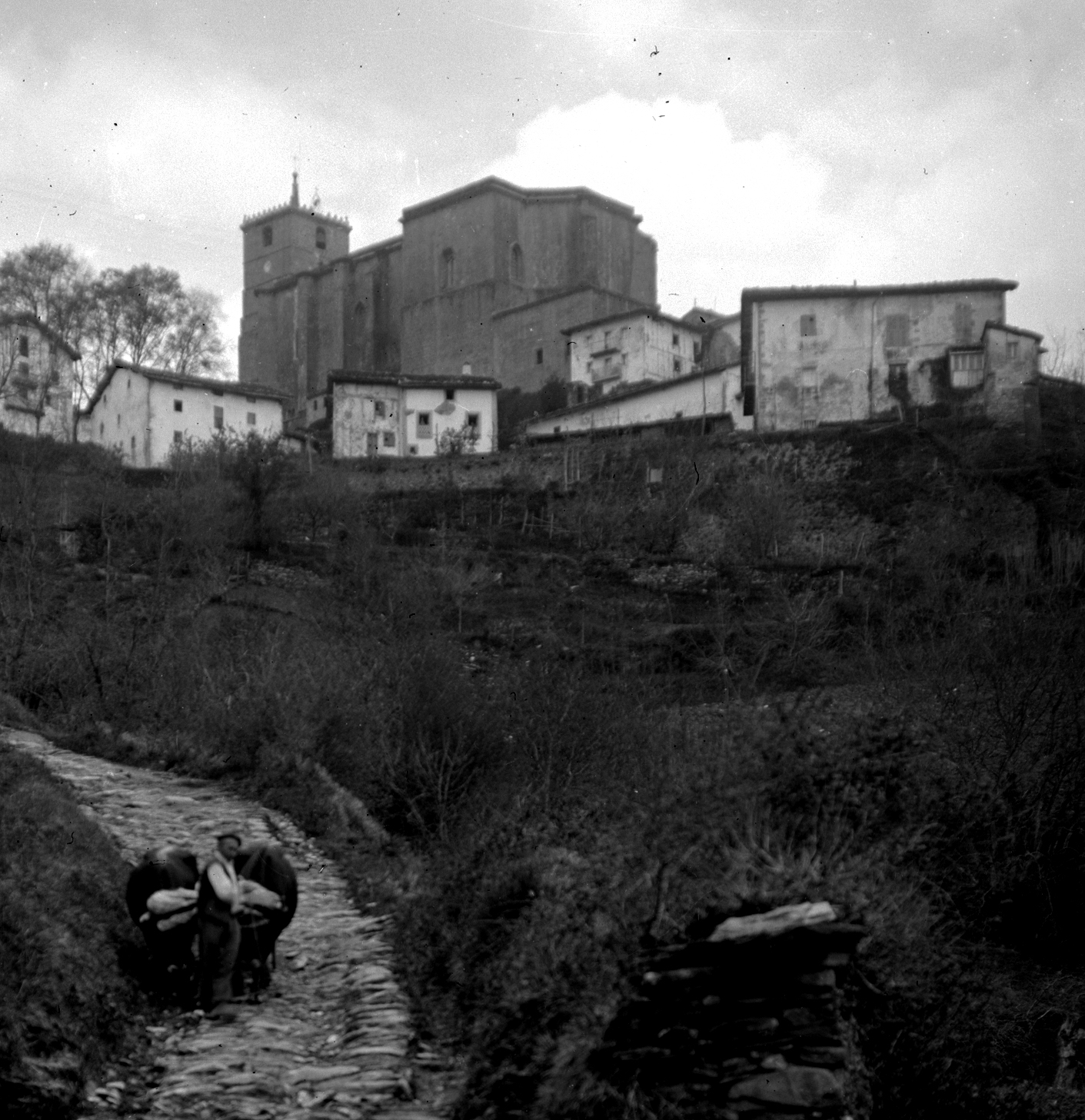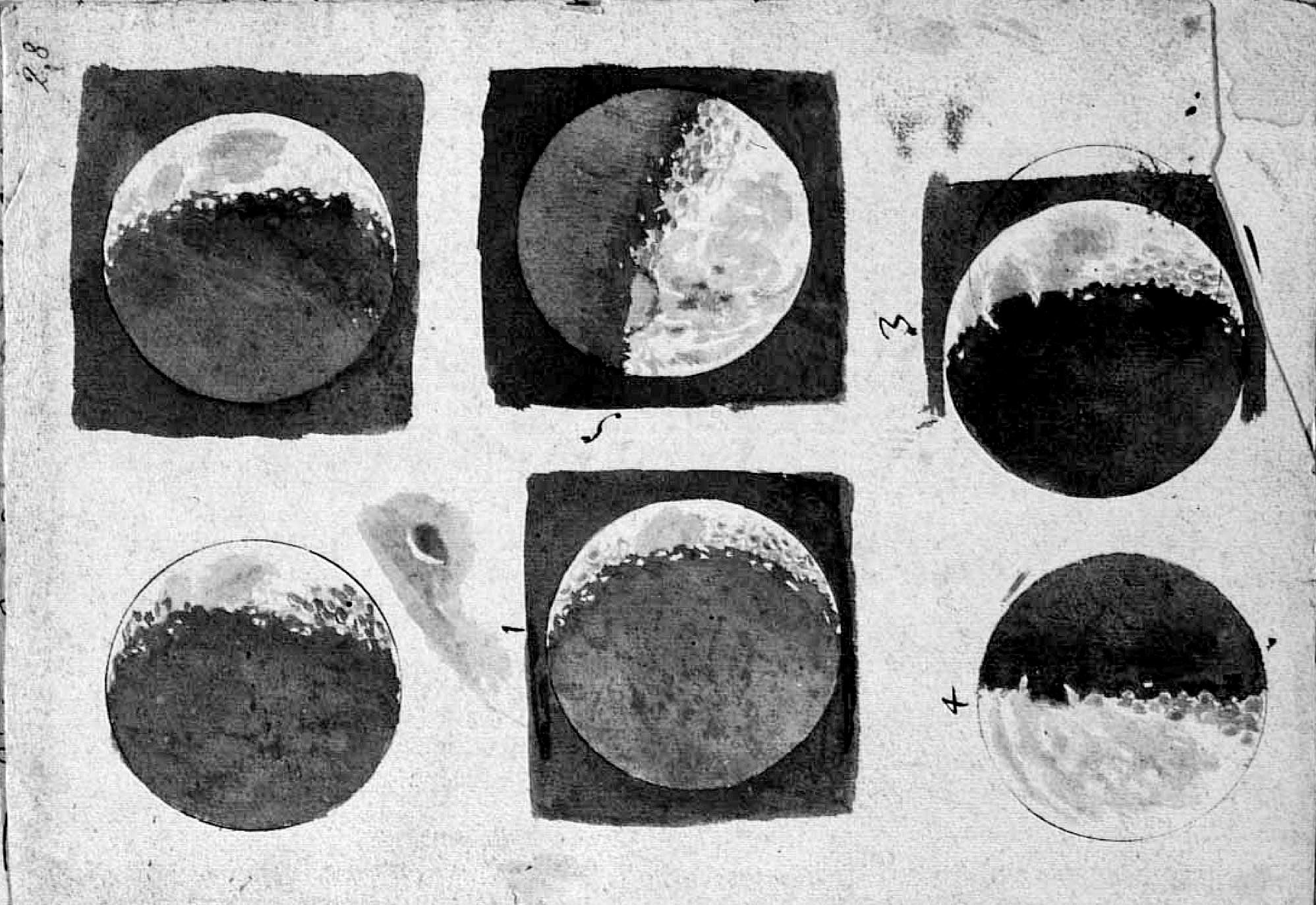Dutch explorer Abel Tasman came to the island that would then be named Tasmania for aboriginal misfortune
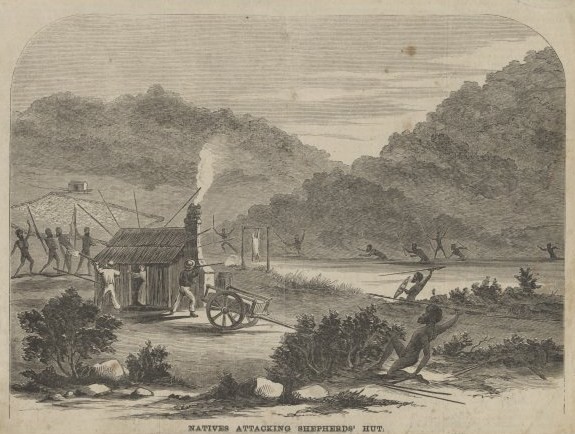
24 November 1642,
The Dutch explorer Abel Tasman came to the island, which would then be called Tasmania, where the first European arrived. Soon, the settlements of the Dutch settlers affected the native's living habits and the tension rose.
According to Nagore Irazustabarrena in an ARGIA report, after the Dutch arrived on the island French and British, who began to enslave. In 1803 the British set up a prison colony there and, in addition to the condemned ones, settlers began arriving who had no scruples to obtain land. The settlers did not respect Aboriginal hunting areas and hostilities immediately emerged between the newcomers and the Tasmanians who had little to defend. The murders, rapes, kidnappings and other abuses committed by Europeans were not punished. And yet the Tasmanians struggled to defend themselves, even though the stones and spears had no chance against firearms.
In 1826, the weekly Colonial Times and Tasmanian Advertiser used self-defense as an excuse to justify the attitude of the settlers: “We are not here to do philanthropic work. Self-defense is the first law of nature. If the government does not expel the locals, we will hunt them like a forest.”
The British government thought of changing the Tasmanians to another island, but finally decided that the magazine’s suggestion would provide a faster solution. Thus, in 1828, indigenous hunting was authorized. Allow and stimulate, since each piece had a remuneration: adults paid five pounds and children two. In 1803 some 5,000 Aboriginal people lived on the island; in 1830 there were about 200.
In 1860 the last Tasmanic man died. George Stokell, a member of the Royal Society of Tasmania, took care of stripping the body to make a skin cover as a memory. The last Tasmanian woman, Truganini, died in 1876. By the year 234, genocide had taken place.
